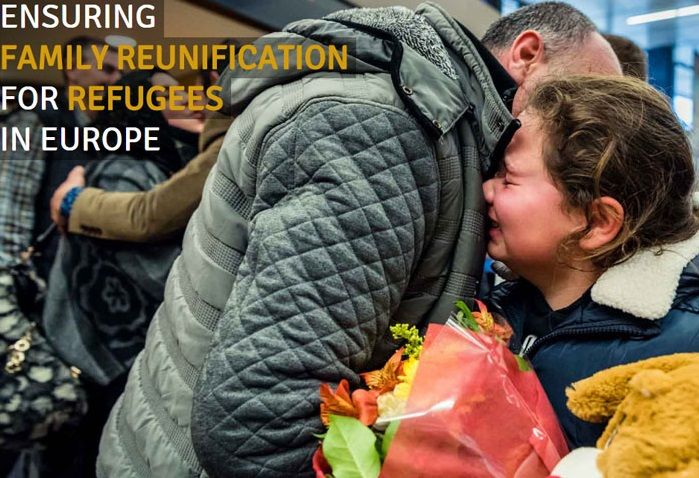There is little doubt that Denmark has some of the most stringent legislation in Europe when it comes to immigration.
And now the Council of Europe has produced a report that highlights Denmark as a nation that has put up too many barriers for refugees to acquire family reunification.
“The Danish authorities used to finance the transportation of family members who were to be reunited with family members living in Denmark,” the report found.
“But that financing was cut as part of a number of new restrictive measures.”
READ MORE: Processing time sky-high for family reunification cases
Too slow, Denmark
The report (which can be read here) mentioned Denmark’s long case processing times and financial barriers as being issues problematic to family reunification.
Immigrants and refugees in Denmark are being forced to wait over 14 months for their cases to be decided, according to recent figures from the immigration authority.
The Council of Europe also added 36 recommendations to those given to member states, including offering faster and more efficient processing times.
“Member states have a legal and moral obligation to ensure family reunification,” said Nils Muižnieks, the commissioner for human rights at the Council of Europe.
“International human rights standards require that people seeking protection can reunify with their families in an effective and timely manner. States must lift the many obstacles to family reunification and treat all people seeking protection equally.”
The Council of Europe is the institution that ensures the European Human Rights Convention is upheld. All 28 EU member states along with Russia and Turkey are among its 47 members.











